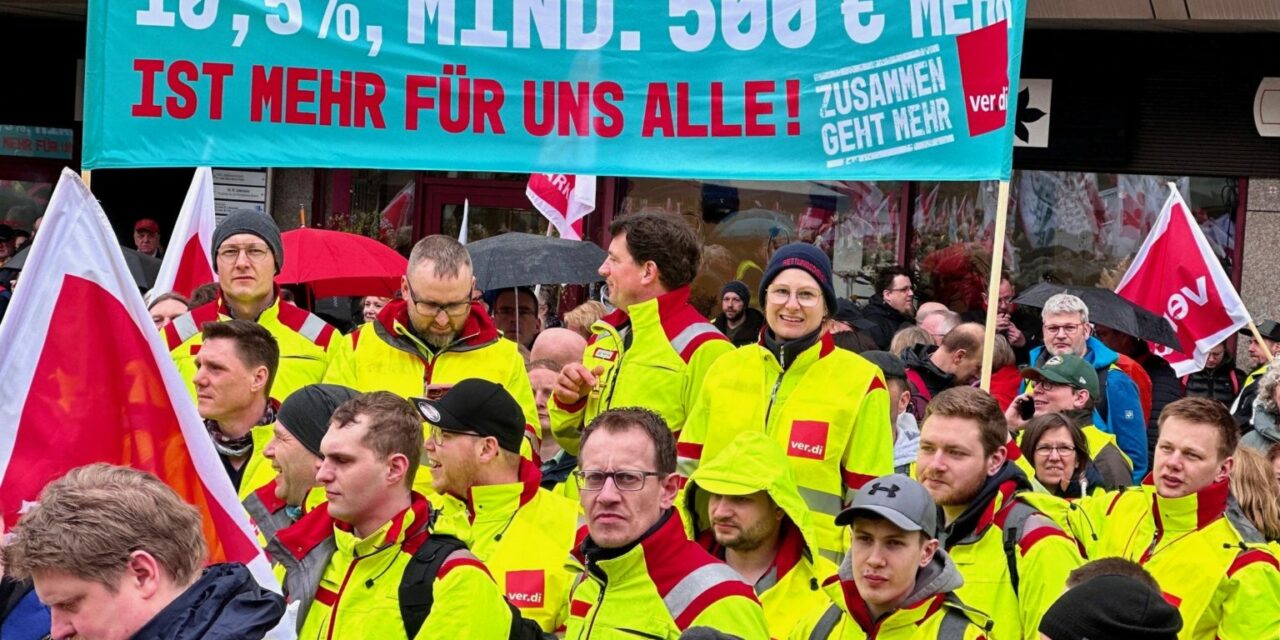As the work week began on Monday, March 27th, German commuters throughout the country braced themselves as what could possibly be the largest labor strike in Germany’s history threatened to cripple land and air transport as well as a number of major services.
Slated to begin at midnight, this mass demonstration is just the latest of numerous labor strikes sweeping through Europe’s major economies in the wake of the increasing cost of living in the region.
The strike is expected to run for 24 hours and has already caused severe disruptions in Germany’s major cities as of press time.
A Quick Backgrounder
Two major labor unions in the transportation sector are at the heart of the current spate of industrial action. As of the early hours of Monday, both organizations remain deadlocked with public sector employers, including those involved in the national railways, public transport plying local routes, and airport ground staff.
The ongoing strike is being held concurrently with the third round of talks among all parties involved.
According to Frank Werneke, who heads Verdi, one of the two unions, he and his people are demanding a considerable increase in pay as the price of consumer goods and services in the country shot up considerably last month despite desperate interest-rate hikes on the part of the European Central Bank (ECB).
A Matter of Survival
Werneke and Verdi are speaking on behalf of nearly 2.5 million employees working in the public sector side of the German transportation industry. Their collaborator, railway and transport workers’ union EVG, on the other hand, represents almost 230,000 employees working for the public railway system Deutsche Bahn as well as those working for bus companies.
In order to help its members cope with rising consumer prices, Verdid is asking for an increase of 10.5% for its members’ monthly wages, essentially an increase of around 500 euros a month per person. Likewise, EVG is asking for a 12% (650 euros) monthly increase.
A Groundless Protest?
However, a number of German public sector employers are sticking to their guns about not increasing wages anytime in the foreseeable future.
According to a statement released by Deutsche Bahn on Sunday, March 26th, the mass action was completely excessive, unnecessary, and based on invalid grounds.
Similar statements were issued by other transport sector companies who added that increasing workers’ salaries would mean higher passenger fares and a significant increase in taxes.














